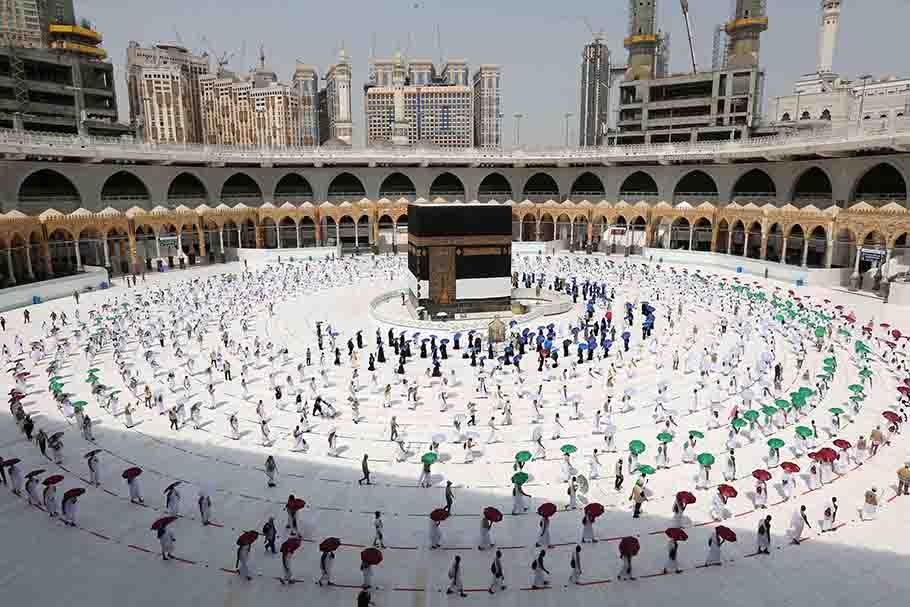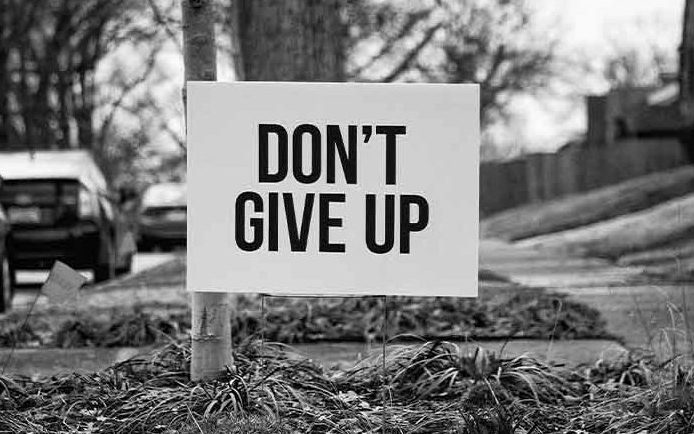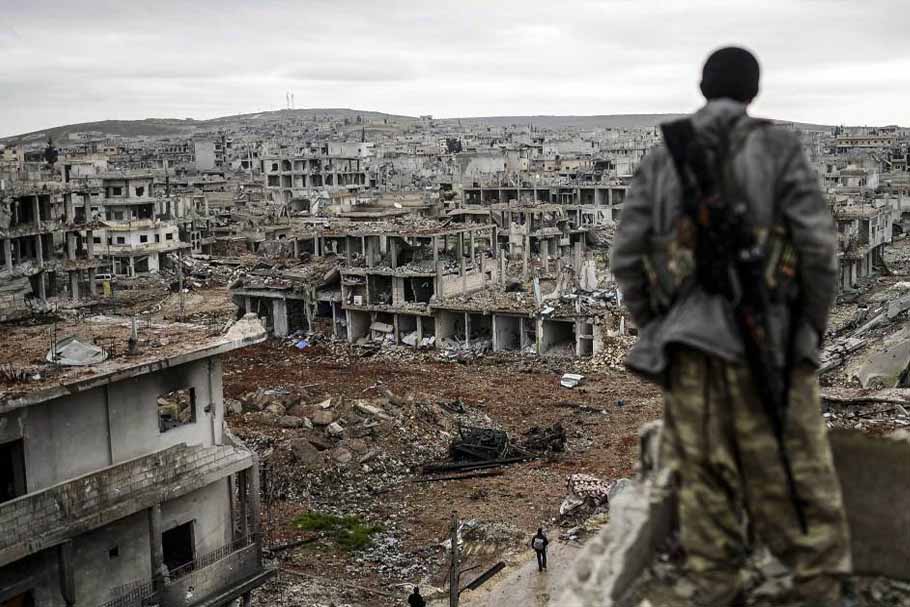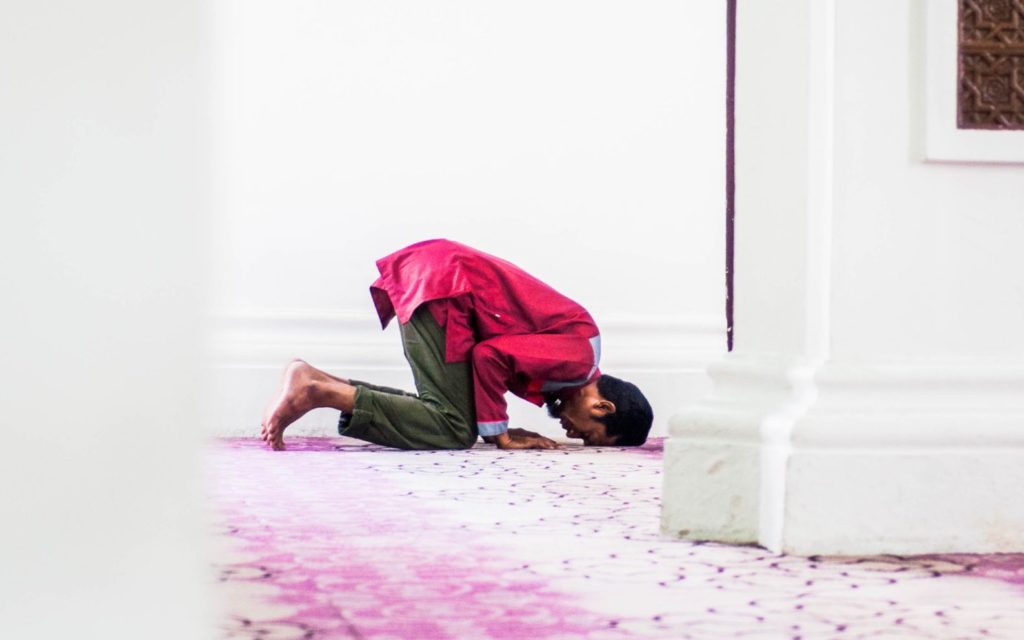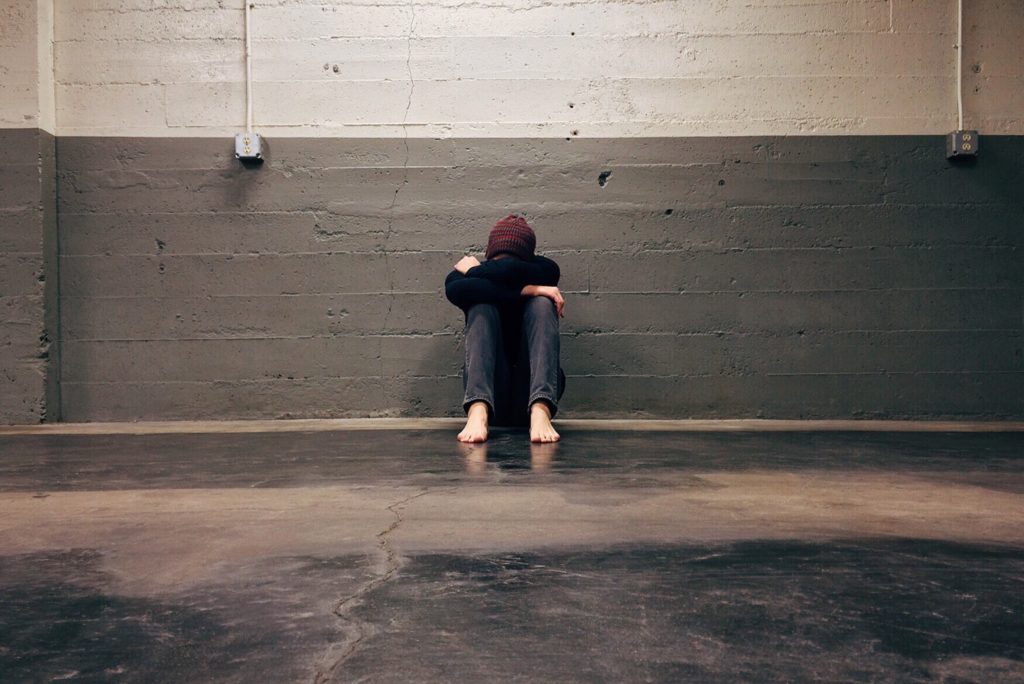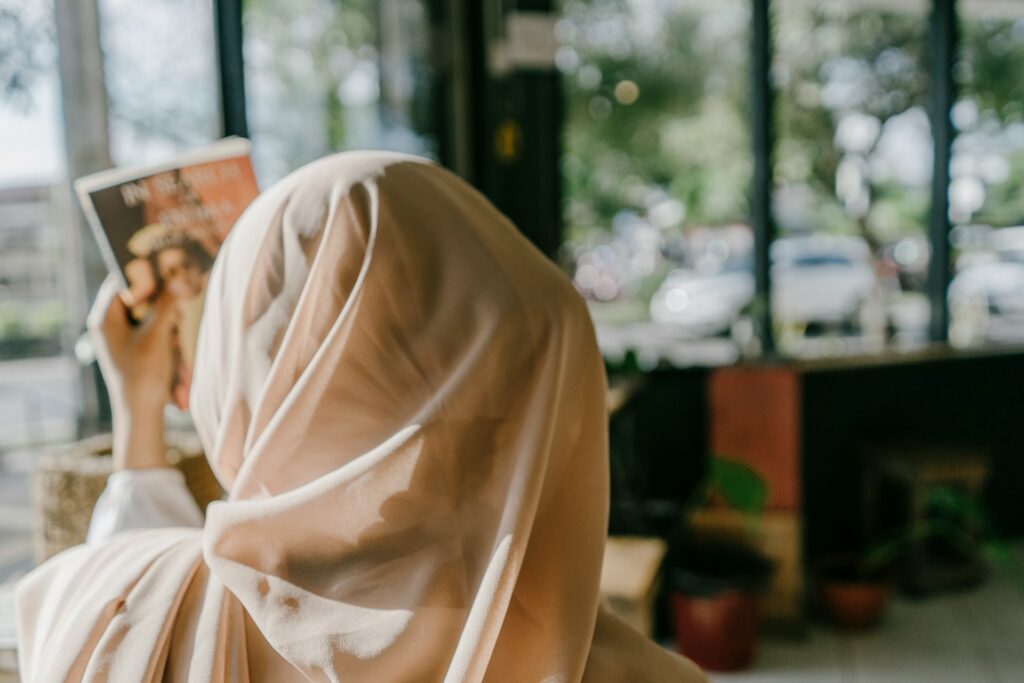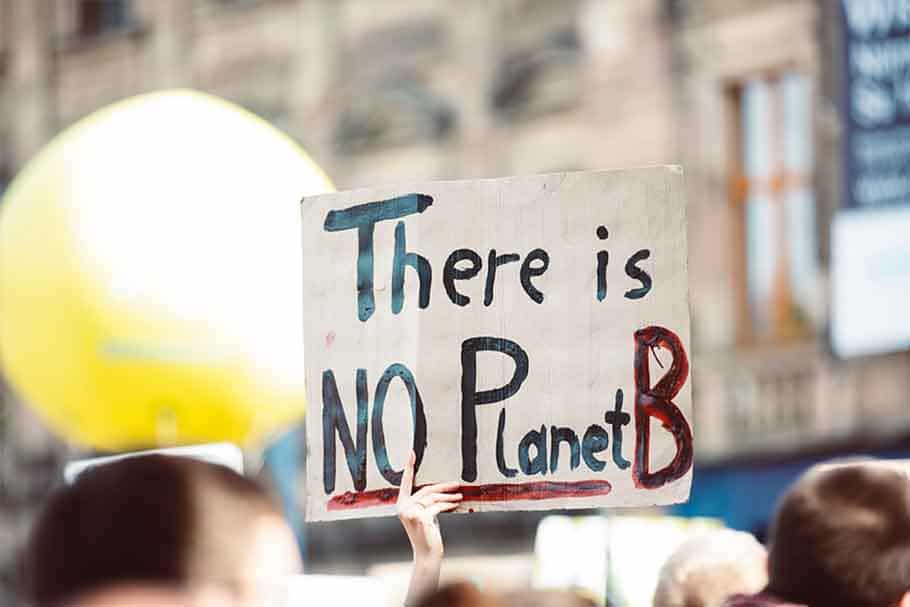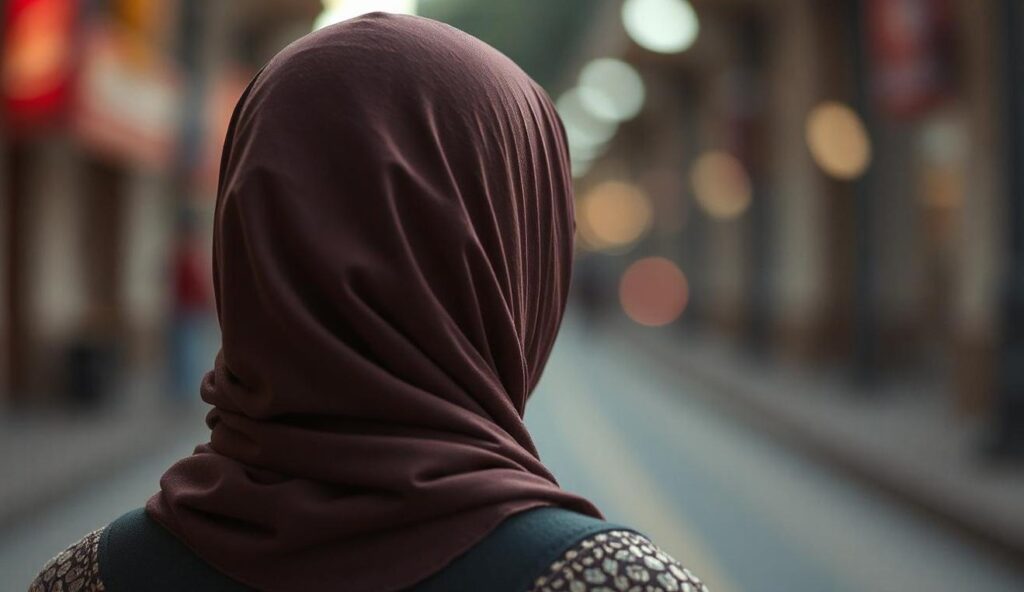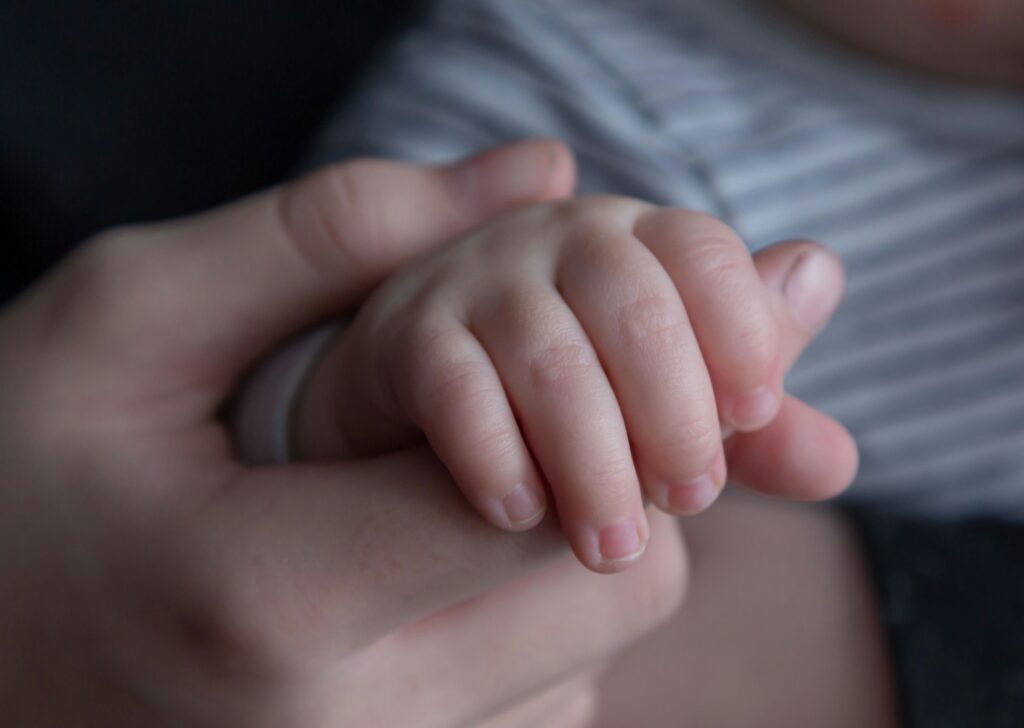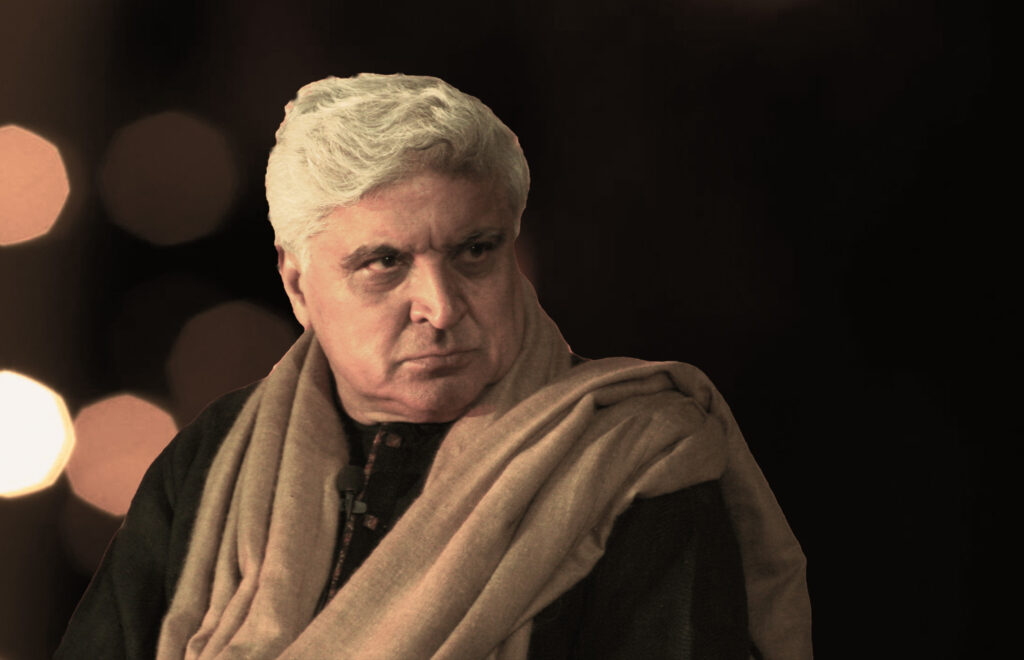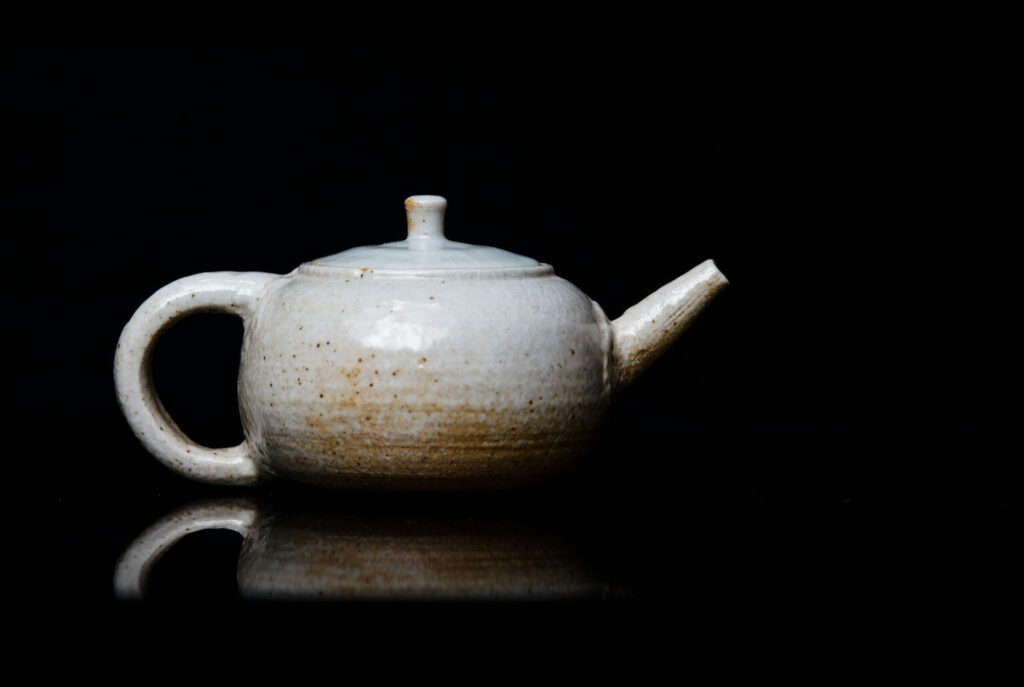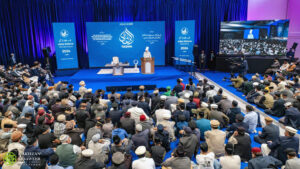ARTICLES
As homes became mosques, the pandemic has proved how Islamic teachings are applicable in changing circumstances. The downscaling of this year's Hajj pilgrimage further establishes this truth.
Addiction among children and youth is a grave issue of the time. Not only does addiction divert humans from spiritual activities, it also affects the functioning of a person in all aspects of life.
Suicide is a social and psychological phenomenon that is present in every culture. Every year, around 800,000 people take their own life. However, suicide is preventable with correct and timely approach.
Nations have always devised strategies to wage wars in the disguise of stopping injustice. But the world has witnessed many a time how truthful their intentions were and how fruitful such wars proved to be.
Repentance is not a license to sin; it is the key to righteousness. True repentance is that which encourages man to refrain from evil deeds and engage in virtuous acts.
Coping with anxiety can be a challenge especially when we are living in anxiety-inducing times; however, understanding the triggers and taking proper measures can calm your anxiety from taking over.
While modern society rage over Muslim women wearing the hijab, they purposefully turn a blind eye to the vast sexualisation of women in the media and fashion industry.
Biological characteristics do not grant a person any superiority over others. The real merit is the merit of righteousness.
Climate change is a natural process which occurs, but man’s actions have worked as a fan, speeding up the process.
Depression has been called the world’s number one public mental health problem. It is an illness that mostly results from thoughts that are distorted in some way. Fortunately, you don't have to live with depression; you can always show it a way out.
Opinions often surface branding the hijab as a symbol of oppression. Here, we respond to a recent Newslaundry article, challenging the narrative that Muslim women require ‘liberation’ from their choice to wear the veil.
If God is an epitome of love, why should we fear Him? The Ahmadiyya Khalifa explains the Islamic concept of righteousness, highlighting how true love inspires a fear of displeasing the beloved.
Islamic teachings provide essential principles for living in a society, addressing the political, social, economic, cultural, and religious aspects of human life.
Postpartum depression is a common yet often overlooked challenge that many new mothers face. Understanding its impact and finding effective coping strategies are essential for both maternal well-being and healthy parenting.
Ahmadiyya Khalifa explains the Islamic concept of religious evolution which occurred in parallel with the cognitive and social development of man.
While Akhtar blatantly characterises all religious people as mentally ill, his statements reveal that he is suffering from the very delusion he seeks to find in others.
Amidst the polarised debates that either advocate for or entirely reject abortion, Islam offers a balanced and logical perspective, respecting the rights of women and the sanctity of potential life.
Ahmadiyya Khalifa explains how important it is for parents, in today’s digital age, to monitor the programmes their children watch and ensure they do not have excessive screen time.
Contrary to the common belief that Adam(as) was forbidden to approach a physical tree, a study of the Quranic verses reveals that the command addressed a concept of much greater significance.
Atheists have long argued that the onus does not lie with them to disprove God’s existence. Here we examine if they are truly exempt from the rational burden of substantiating their beliefs.

